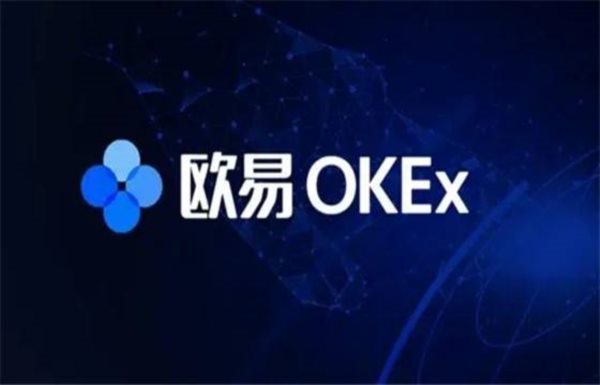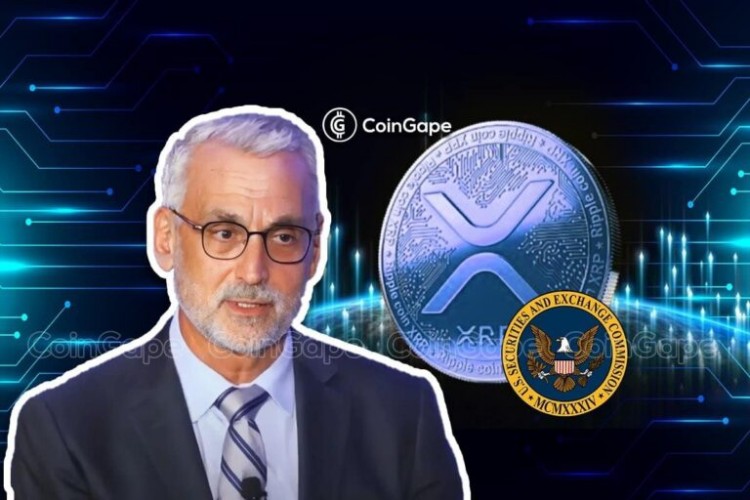时间:2024-02-22|浏览:287
据报道,OpenAI 联合创始人 Sam Altman 正在寻求为一个项目筹集高达 7 万亿美元的资金,以解决由于生成人工智能 (GenAI) 需求快速增长而导致的全球半导体芯片严重短缺问题。 但奥特曼表示,事情远不止于此:
“我们相信,世界需要的人工智能基础设施——晶圆厂产能、能源、数据中心等——比人们目前计划建造的还要多。 建设大规模的人工智能基础设施和有弹性的供应链对于经济竞争力至关重要。 OpenAI 将尽力提供帮助!” 奥特曼在 X 帖子中写道。
我们相信,世界需要的人工智能基础设施——晶圆厂产能、能源、数据中心等——比人们目前计划建造的还要多。建设大规模的人工智能基础设施和有弹性的供应链,对于经济竞争力至关重要。openai 将尝试帮助!
— Sam Altman (@sama) 2024 年 2 月 7 日
如此规模的资金规模意味着一切都将建立在 GenAI 之上,最终目标是实现通用人工智能,即超越人类智能的系统,这本身就是一个有争议的问题。
相关:比特币可能会跌至 30,000 美元,但这没关系
为什么我们需要“大规模扩展”人工智能基础设施?
“你可以努力帮助确保我们共同的未来,或者你可以写出关于我们为什么会失败的子堆栈,”奥特曼在随后的帖子中补充道。
你可以努力帮助确保我们共同的未来,或者你可以写下为什么我们会失败的子堆栈
— 萨姆·奥尔特曼 (@sama) 2024 年 2 月 11 日
真的是为了确保“我们共同的未来”吗? 或者OpenAI的未来?
OpenAI 需要更多的计算能力和更多的数据中心(目前依赖微软)来克服其增长限制,特别是人工智能芯片的短缺,而人工智能芯片对于训练 ChatGPT 等大型语言模型 (LLM) 至关重要。
除了巨额资金——这比除美国和中国以外任何国家的GDP都多——奥特曼的“要求”还有一些不负责任的地方。
没有任何技术是完美的,人工智能也不例外。 人工智能给社会带来巨大利益的潜力与造成破坏和伤害的潜力一样大。 立法者要求企业坚持负责任的人工智能和负责任的创新,我们作为一个社会也应该这样要求。
负责任的创新是指让新技术为社会服务,但不会造成比其解决的问题更多的问题。 这适用于所有组织、行业和地区的所有技术、所有创新。
我们这不是太超前了吗? 难道我们不应该解决人工智能系统带来的风险和挑战,减轻和控制它们的风险,确保它们在扩展它们之前不会造成比它们解决的问题更多的问题吗?
人工智能风险与挑战
AI is data driven, and with GenAI we’re looking at vast amounts of data. This reliance on data brings a lot of critical risks and challenges. Data might be incomplete or erroneous or be used inappropriately, incorrectly, or inaccurately. If the input is incorrect so too would the output: “Garbage in, garbage out.” In the world of LLMs, we're now facing “Garbage in, garbage out” on steroids. When LLMs process poor or outdated information, they don't just replicate it. They amplify it, making it sound correct and plausible. This “garbage on steroids” phenomenon brings us to a crucial juncture.
Moreover, one of the central problems with AI systems is algorithmic bias and it has been well documented that it leads to discrimination. This problem has not been appropriately addressed yet, although legislators have requested tech companies to do so.
Related: 2024 will be the Ethereum network's biggest year in history
And there are other problems, especially with GenAI: hallucinations, mis/disinformation, lack of explainability, scams, copyrights, users’ privacy, and data security — all of which have not been fully addressed and mitigated. A less discussed issue, but an essential one, is AI's environmental implications. AI systems are a vulture of energy, which it requires for computing and data centers.
The International Energy Agency forecasted that global electricity demand, driven by AI growth, will double by 2026. This problem might be mitigated as computers get more efficient, or with more efficient techniques to cut energy or the use of renewables. But these potential solutions have not been tested, and many have not been fully developed yet.
The Biden administration & the European Union call for responsible AI
Lawmakers are calling for "responsible AI" — safe, secure, and trustworthy. President Joe Biden signed an executive order in September (EO) requiring, among other things, that companies 1) develop AI tools to find and fix cybersecurity vulnerabilities; 2) develop and use privacy-preserving techniques — such as cryptographic tools that preserve individuals’ privacy of the trained data; 3) protect consumers, patients, and students — to avoid AI raising the risk of injuring, misleading, or otherwise harming Americans; 4) protect workers against the dangers of increased workplace surveillance, bias, and job displacement; and 5) a special focus on algorithmic bias and discrimination to make sure that algorithmic bias is addressed throughout the development and training of these systems.
In July 2023, OpenAI signed a voluntary commitment with the Biden administration to manage the risks posed by AI and adhere to responsible AI. OpenAI hasn’t quite demonstrated the actionable "responsible AI" it pledged to undertake.
The European Commission’s AI Act. Source: euAIact.com
与 EO 一样,欧盟的人工智能法案要求下游开发文档和审计的透明度,特别是对于基础模型和 GenAI。 人工智能系统的建立并没有提供这些信息,立法者也没有提供任何实际的解决方案。 对可审计的负责任的人工智能的需求出现了。 这就是区块链技术可以帮助提供解决方案的地方,使公司能够遵守立法者的要求并实施“可审计的负责任的人工智能”——安全、可靠且值得信赖。 也许 OpenAI 可以考虑实施这样的解决方案,并展示人工智能系统的适当可审计性。
实施负责任的人工智能——包括人工智能系统的可审计性和减轻能源影响——所有这些都应在扩展这些系统之前得到令人满意的结果,更不用说“大规模扩展”了。
负责任地创新并确保人工智能系统安全、可靠且值得信赖,这将确保我们共同的未来。 这也许不是萨姆·奥尔特曼的方式,但却是正确的方式。
Merav Ozair 博士 正在维克森林大学和康奈尔大学开发和教授新兴技术课程。 她之前是罗格斯商学院的金融科技教授,教授 Web3 和相关新兴技术的课程。 她是国际可信区块链应用协会 (INATBA) 学术顾问委员会成员,并担任 EQM Indexes(区块链指数委员会)顾问委员会成员。 她是 Web3 和 AI 端到端咨询公司 Emerging Technologies Mastery 的创始人,并拥有纽约大学斯特恩商学院的博士学位。
本文仅供一般参考之用,无意也不应被视为法律或投资建议。 这里表达的观点、想法和意见仅代表作者个人观点,并不一定反映或代表Cointelegraph的观点和意见。



![[尼约宇宙]我们的寿命越来越长,但我们的寿命越来越长](/img/20231227/3054706-1.jpg)
![[尼约宇宙]我们的寿命越来越长,但我们的寿命越来越长](/img/20231227/3054706-1.jpg)




